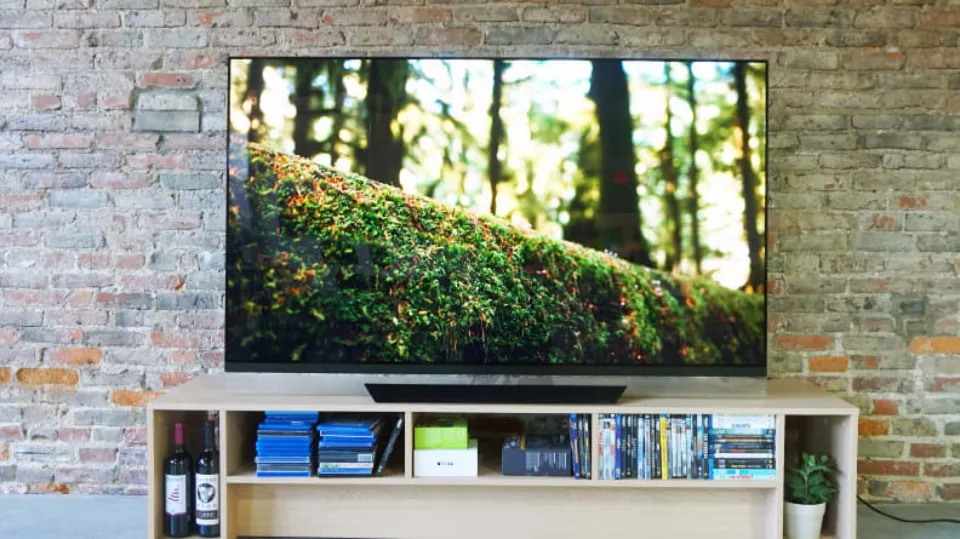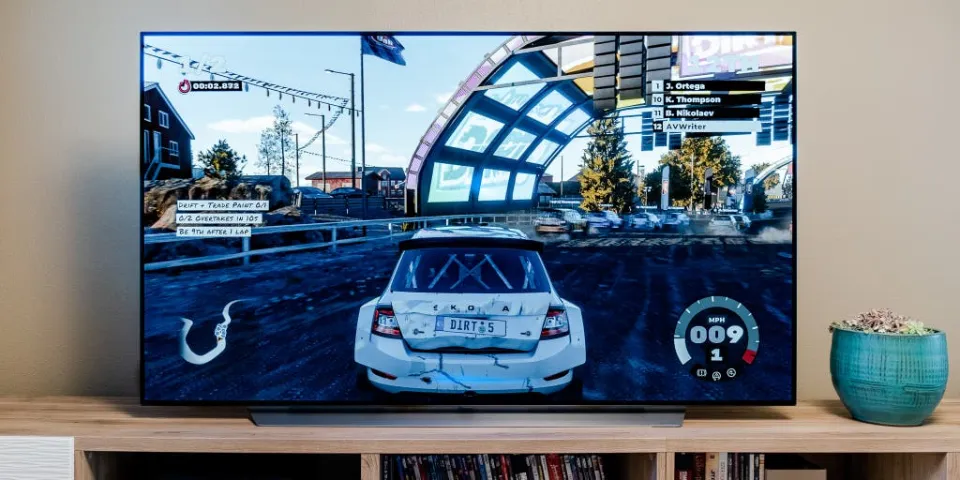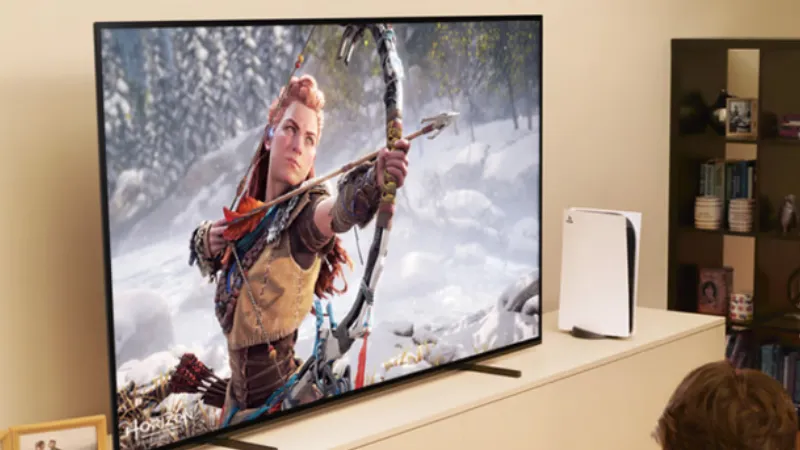How Long Do OLED TVs Last? The durability of the organic material in OLED has been a topic of discussion ever since it was a research project. No cause for concern exists, claims LG. The latest generation of OLED TVs now has a lifespan of 100,000 hours, according to a report by Korea Times.
Keep reading.
Table of Contents
What Are OLED TVs and How Do They Work?
Because these new TVs are so expensive and the majority of consumers do not want to spend thousands of dollars just to learn about the features, many people are unaware of them.
OLED, or Organic Light-Emitting Diodes, have been in use for many years, but it wasn’t until 2010 that the first production OLED TV was sold to the general public.
The display technology known as OLED (Organic Light-Emitting Diodes) is currently gaining popularity.
It has several causes, including quality and durability. These panels produce their own light instead of relying on LEDs and backlights. This means that the screen isn’t lit up from behind and has complete control over dimming.
OLED TVs are brighter, thinner, and more colorful than other types of TV. Additional advantages include sharper images and quicker responses.
OLED displays only produce light when the pixels are illuminated, so they consume less power. Whereas, LCD and LED screens require a backlight that is powered all the time which can consume more electricity.

How Do I Increase the Lifespan of My OLED TV?
The lifespan of our products increases along with technological advancement. OLED TVs have come a long way since they were first manufactured. With the right maintenance and care, an OLED TV can last for at least ten years.
An OLED TV can be maintained in a number of ways to increase its lifespan. One way is to make sure the TV is not placed close to any heat or air conditioning vents, as this can cause the screen to contract and distort.
You might not think your advanced OLED TV is worth taking care of, but the truth is that caring for your OLED TV just like any other device can help prolong its lifespan. Here are a few ways you can help:
- Making sure your TV has sufficient power without fluctuations should be your first priority. Though this may sound counter-intuitive, it actually helps avoid screen burn-in and longer display life.
- Taking care to prevent using the TV in a hot environment is essential.
- By switching between sources and inputs, you can occasionally give your TV a break.
How Durable Are OLED TVs?
You might be concerned about the longevity and durability of an OLED TV if you’re thinking about buying one or already own one.
I can explain this better since I have worked in TV manufacturing and R&D units in the past.
So allow me to explain how a television’s lifespan is determined, what factors influence it, and how that translates to the number of years you can anticipate from your television.
Note: In essence, how an OLED TV is used and cared for by its owner determines how long it will last. Avoiding exposure to extreme temperatures, high humidity levels, or direct sunlight is the best way to extend the life of an OLED TV because these conditions can permanently harm the display panel.

Are OLED TVs Worth Buying?
If you don’t mind the risk of burn-in, then yes OLED TVs are worth buying.
While OLED displays are made by LG, other manufacturers source their OLED panels from LG.
That means, among other manufacturers, OLED TVs made by Vizio and Sony still have that LG quality.
Additionally, you have more options because LG is not the only company selling OLED TVs.
What’s the First Thing That Breaks in An OLED TV?
OLED TVs don’t have backlights, which are the first component of an LED TV to break in contrast to regular LED TVs.
OLED panels are the most sensitive part of OLED TVs because they don’t have backlights.
OLED panels are delicate and challenging to produce as is. OLED panels have a higher production cost due to their brittleness, which accounts for their higher price.
However, OLED TVs deliver excellent image quality, which explains why they are the best-selling products in the more expensive market.
Can You Use OLED TVs for Video Games?
OLED TVs can be used for gaming, but exercise caution when pausing the game for extended periods of time.
The splash and pause screens in many games are fixed. Your OLED TV may experience burn-in if you play games with static interfaces or pause them frequently.
It will be better to save and exit the game if you anticipate being away from it for an extended period of time.

FAQs
Do OLED TVs Last as Long as LED?
Lifespan. LG has said their OLED TVs have a lifespan of 100,000 hours to half brightness, a figure that’s similar to LED LCDs. All contemporary TVs are generally very dependable. Does that imply that the lifespan of your new LCD or OLED will be similar to that of your parents’ previous CRT (such as the one pictured)?
How Long Do OLED TVs Last before Burn-in?
OLED TVs have excellent picture quality, but there are worries about their long-term performance due to the possibility of permanent image retention, also known as burn-in. The OLED TV has permanent image retention, according to our previous 20 hours per day burn-in test, which lasted for just under two years.
Does OLED Degrade over Time?
Despite significant advancements in recent years, OLEDs still only have a short lifespan. For red or green OLEDs, this is typically 28,000 hours; after that, the screen’s brightness will be reduced by 50%.
Summary: How Long Do OLED TVs Last?
The durability of the organic material in OLED has been a topic of discussion ever since it was a research project. No cause for concern exists, claims LG. The latest generation of OLED TVs now has a lifespan of 100,000 hours, according to a report by Korea Times.
Please leave a comment if you have any questions. Don’t forget to share the post. Thank you for reading.



